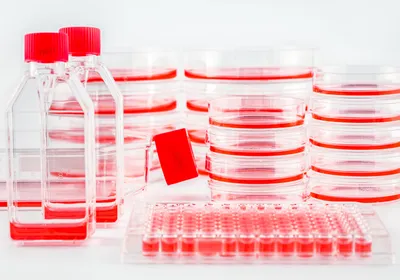 FLICKR, NICOLAS RAYMONDExamining 133 different reports from 49 clinical trials for the use of autologous bone marrow transplants to treat heart disease, a team of researchers in the U.K. has revealed hundreds of discrepancies in the data: numbers that don’t add up, misclassification of a trial as prospective randomized rather than retrospective/observational, patients whose sex was misreported or who were listed as both dead and alive. In addition to calling into question the validity of this well-researched therapy, some errors are raising concerns of scientific misconduct.
FLICKR, NICOLAS RAYMONDExamining 133 different reports from 49 clinical trials for the use of autologous bone marrow transplants to treat heart disease, a team of researchers in the U.K. has revealed hundreds of discrepancies in the data: numbers that don’t add up, misclassification of a trial as prospective randomized rather than retrospective/observational, patients whose sex was misreported or who were listed as both dead and alive. In addition to calling into question the validity of this well-researched therapy, some errors are raising concerns of scientific misconduct.
“This important article emphasizes how we cannot allow enthusiasm to get ahead of the science—or even pervert the science to fit our expectations,” Yale University cardiologist Harlan Krumholz told Forbes. “It is also a clarion call for transparency—new exciting claims (like all science) need to have all the data available for independent scrutiny.”
Moreover, stem-cell researcher Paolo Bianco at the Sapienza University of Rome told Nature News that the findings are particularly “concerning because the therapeutic approach is already being commercialized. Premature trials can create unrealistic hopes for patients, and divert resources from the necessary basic studies we need to design more appropriate treatments.”
In the end, the researchers found that the average effect of bone marrow transplants for heart disease patients was positive, but ...


















